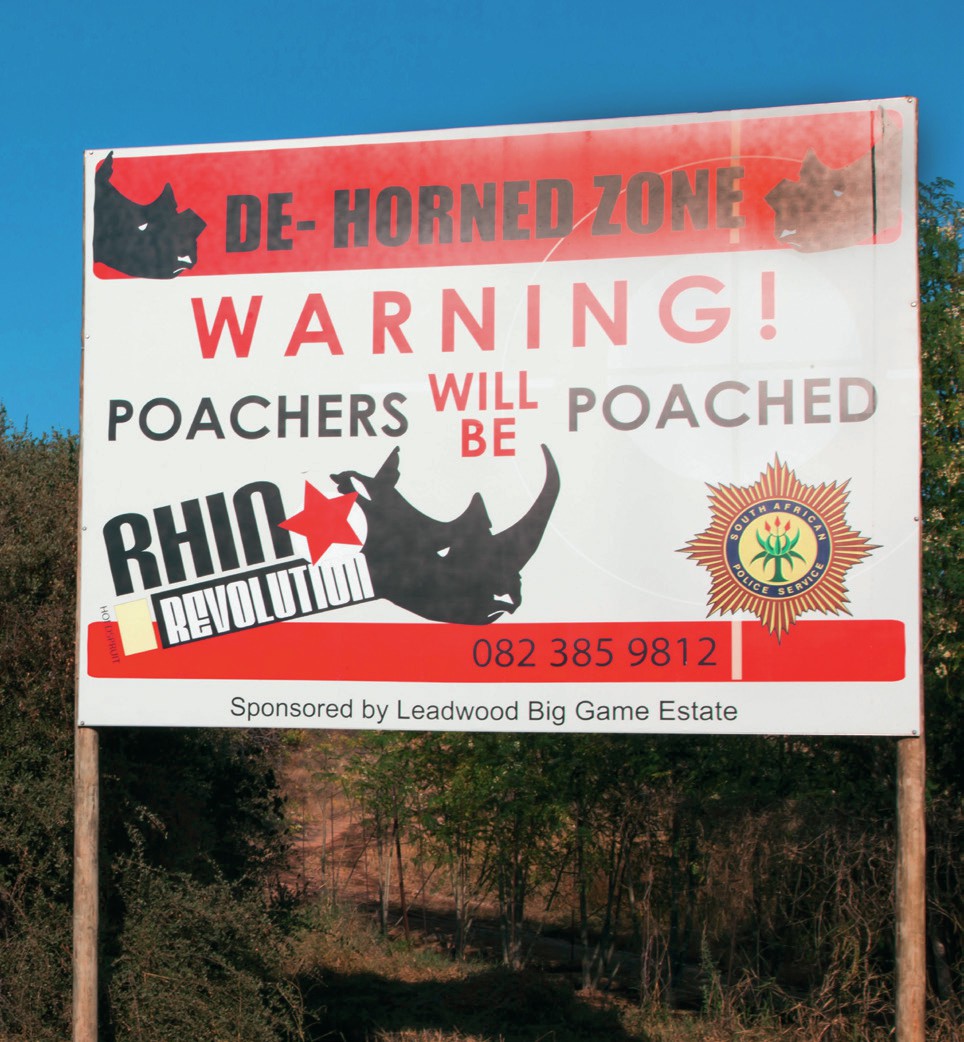
Rhino horn and pangolin scales fetch huge prices on the black market for traditional Chinese medicine products. It is wrongly believed that these structures have healing powers against a long list of ailments and diseases. This myth persists despite the fact that both horn and scales are simply keratin — the same as your fingernails.
A grim 2390 critically endangered African rhinoceros were poached from an estimated population of only 25000 during 2014 and 2015 in South Africa alone. The ivory black market is also flourishing. Despite widespread bans on the trade, elephants are regularly killed for their tusks. What’s more, poachers constantly invent new ways of locating target animals. They use tagged images on social media platforms to locate rare and protected animals — turning a cheerfully shared safari memory into a tool for their illegal and devastating business.
Your organisation does not have access to this article.
Sign up today to give your students the edge they need to achieve their best grades with subject expertise
Subscribe




